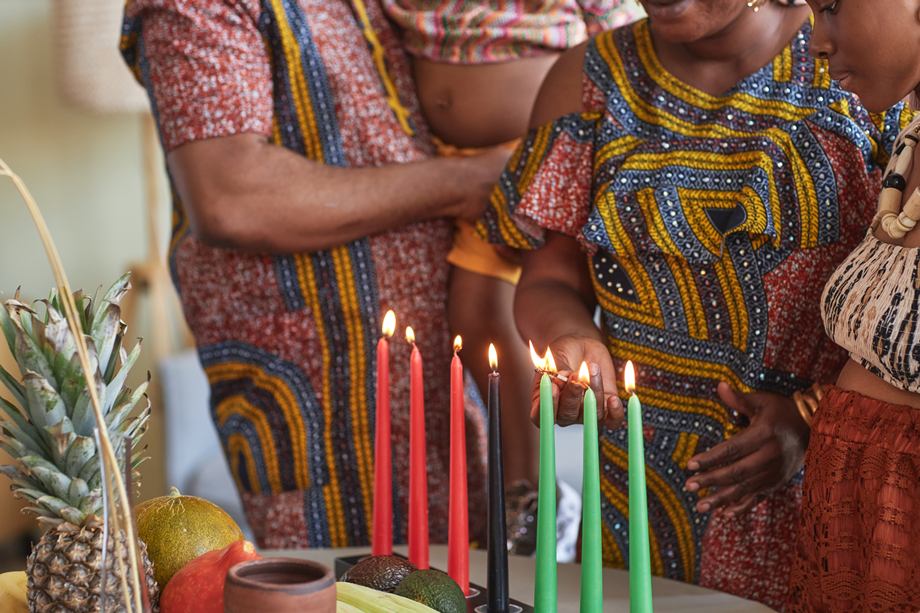Upcycling in Ghana: Transforming Waste into Sustainable Fashion
Written by admin on March 4, 2025
Leading the recycled clothes trend and tackling the social and environmental effects of fast fashion is Ghana. With an estimated 15 million used clothes entering weekly in Ghana’s Accra markets—mostly at the Kantamanto Market—the flood emphasizes the worldwide overproduction of apparel. Although much of this debris winds up in landfills or the ocean, Ghanaian designers are imaginatively turning trash fabrics into one-of-a-kind, environmentally friendly fashion items.
The Environmental Toll of Fast Fashion
On par with the aviation sector, the fashion industry accounts for 2% of greenhouse gas emissions worldwide. Experts estimate that by 2030 these emissions might rise by 55% hence the industry is a major actor causing climate change. The problem is severe in Ghana: about 40% of imported second-hand clothes are judged to be useless, cluttering rivers and taxing waste management facilities. Mostly low-quality quick fashion products, these thrown-away clothing highlight the necessity of sustainable alternatives.
Upcycling as a Solution
By using upcycling—a method of turning trash items into valuable products— Ghanaian designers and artists have reversed the trend. This movement answers the fast-fashion dilemma in terms of culture as much as economics. Reworking damaged or unsellable garments, tailors and designers make stylish goods at the core of the Kantamanto Market. Some even feature traditional Ghanaian designs, including Kente-inspired patterns, therefore fusing current trends with cultural legacy.
Driving the Global Secondhand Market
The market for secondhand and upcyclable clothes is booming. It is estimated to more than quadruple, rising to $218 billion by 2026 from $96 billion in 2021. Ghana is positioned to gain from this expansion given its ingenuity and resourcefulness. Local designers and companies are gaining worldwide respect and highlighting how sustainable practices could create financial possibilities.
Challenges and Opportunities
Despite the progress that has been made by the upcycling movement, there are still issues that need to be addressed. Unfortunately, the sheer volume of textile waste continues to outweigh the capacity for upcycling or recycling such materials. The severe challenge that fast fashion provides to sustainable fashion is brought about by the fact that it continues to be more affordable and more easily available. However, as the effect of fast fashion becomes more widely understood around the globe, sustainable ventures find an environment that is conducive to their success.
Working with foreign companies and environmentally concerned labels might help Ghanaian designers’s efforts be even more emphasized. Through infrastructural investments and international cooperation, Ghana may confirm its leadership in the upcycled fashion trend.
A Model for the Future
Using upcycling as an approach, Ghana highlights how one may creatively and sustainably find solutions to challenges that affect the planet. Turning waste into fashion not only reduces the amount of harm done to the environment, but it also provides employment opportunities for thousands of Ghanaians. The upcycled clothes trend in Ghana offers a roadmap for a more sustainable future by transforming a disaster for the environment into an opportunity.
This innovative initiative demonstrates how successfully style and sustainability can coexist, and as a result, it serves as a model for the fashion industry all around the world.





